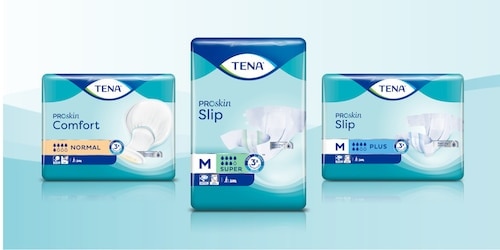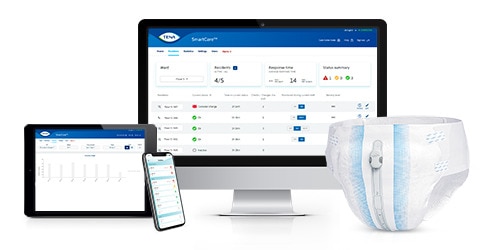With people at heart
For Eleonore Book, caring is more than just a job. It’s a calling, driven by a desire to make life better for others. We met up with Eleonore to talk about life as a professional caregiver – from the daily challenges to the rewarding moments that change lives.

























